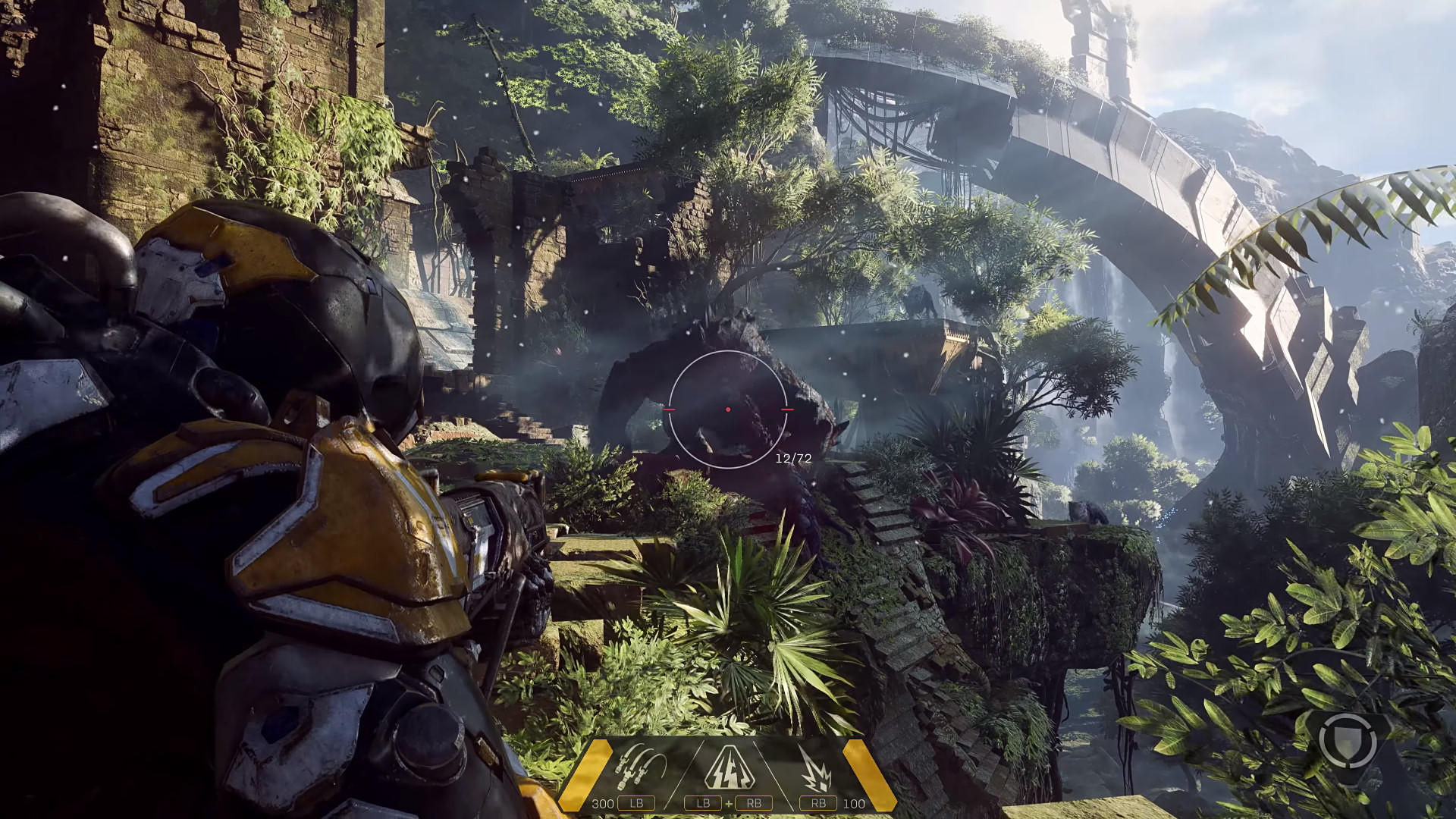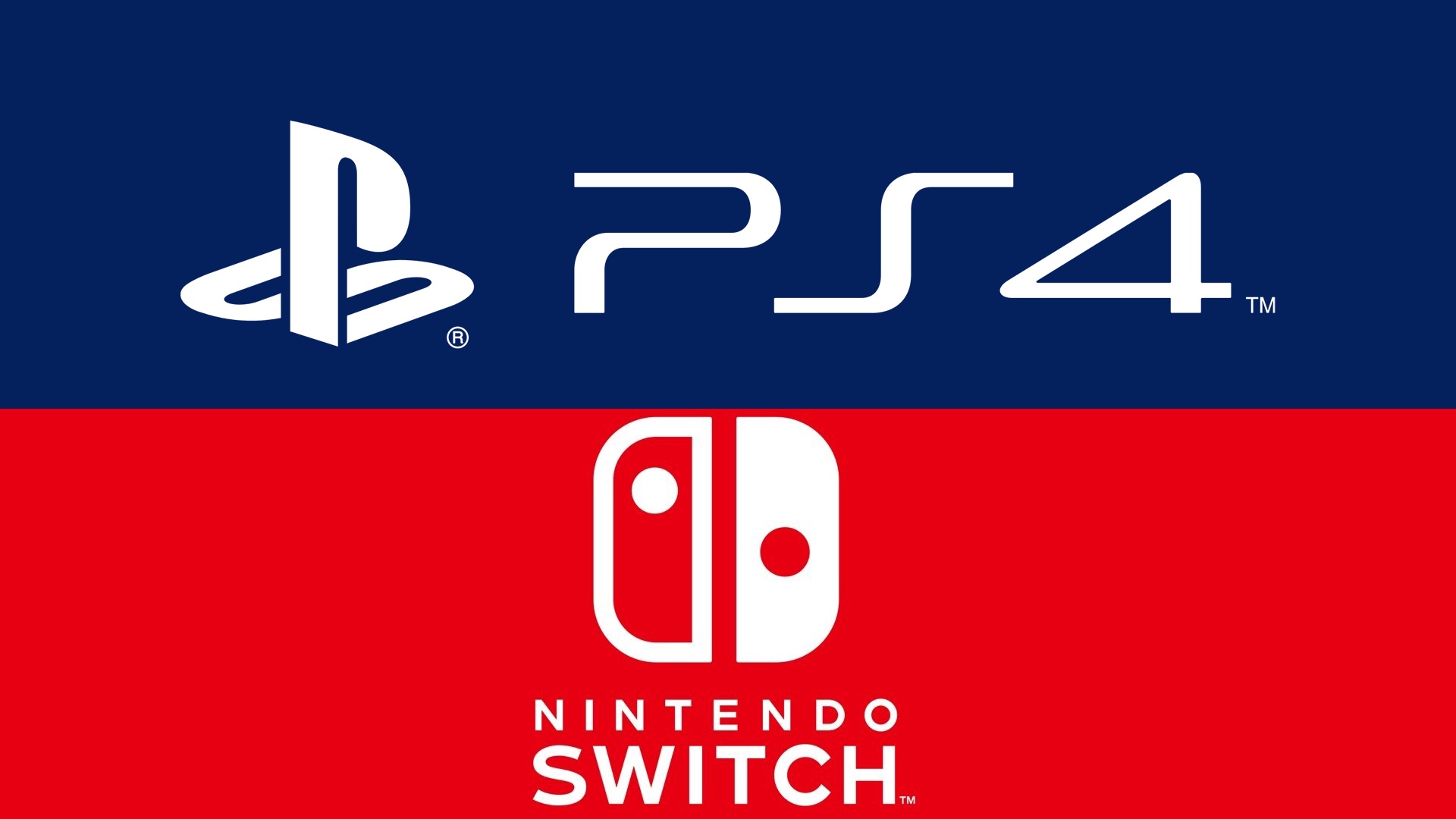
Bear in mind the following facts: the mid-tier of the market has completely collapsed. Several major publishers, such as THQ (not THQ Nordic), have had to declare bankruptcy and close down. Developers are being closed down at an alarming rate, even today—look at EA Visceral as a recent example. Games, which once took 2-3 years to come out at the most, can now take 5 years to release. During development, people sometimes have to put in 100 hour weeks for an extended crunch period just to get the game out. In spite of this, games often still launch broken or with a bevy of issues. They often need massive updates, either on day one or in the days and weeks following the game. Games are becoming homogenized, which causes lower review scores, and for games to miss their targets even when they sell millions of copies. This is causing mass layoffs of developers, and developers being closed down, adding more pressure on the developers who remain. And thus, the cycle continues.
The game development culture, especially for AAA games, is toxic and unsustainable. It’s started to become increasingly clearer in the last year or so, given the 800+ people at Activision-Blizzard that were laid off in spite of the year being Activision’s best yet in terms of revenue; when Star Wars Battlefront 2 were branded as underperformers in spite of selling millions of copies ; when games such as Red Dead Redemption 2 famously needed upwards of 100 hours of development time for over a year just to be pushed out; when games like Fallout 76 and Anthem launched broken, in spite of years of development; when developers such as EA Visceral were closed down; when games such as Amy Hennig’s Star Wars title were cancelled; when games became a “live service” or open world game in order to be as commercially appealing as possible; when games was overloaded with microtransactions as publishers increasingly tried to maximize revenue per customer.
AAA gaming is headed for a catastrophic collapse. I’m not the only one who thinks so—Amy Hennig, the creator of Uncharted, who has decades of experience working in western game development, from Atari to Sega to Crystal Dynamics to Eidos to Naughty Dog to ultimately EA, thinks so too. She said as much in an interview publisher earlier this week—because of the increasing costs needed to develop games, the massive human costs necessary, she thinks that something has to give. Hennig has long experience in developing titles, as I said—and she herself has noted that the difference between how development is now versus how it used to be is stark.
But even if Hennig hadn’t said this, it would have been possible to perceive, based on all the examples I have highlighted above in this article. There are exceptions to the rule, for sure—look at Sony, for example, and their western studios, which engage in AAA development without falling prey to most of the alarming symptoms I have highlighted. But Sony enjoys the unique luxury of being a platform holder—this means that they don’t have to worry as much about justifying the expense of each individual title, and can write off an unprofitable or underperforming one as the cost of fleshing out their platform’s library and making it more appealing for the customer. And even then, even with Sony, we see issues—Naughty Dog famously has intense periods of crunch in the lead up to their games’ releases (it is important to remember that Naughty Dog is Hennig’s alma mater).
Let’s look at Nintendo—traditionally, they are not AAA (not in the conventional sense of the word), but for all intents and purposes, we can count them as among them. Nintendo, too, has the unique luxury of being a platform holder, which is probably why it can boast of the kinds of incredibly enviable working environment for developers as it is able to advertise. Even with Nintendo, however, Masahiro Sakurai, the director of Super Smash Bros. games, while a freelancer, feels it necessary to work through his illness with an IV drip to meet the pressures of development—which is perverse and obscene.
However, on the whole, we can expect Nintendo and Sony to be safe from the plague of AAA game development that is headed to one inevitable end, in spite of these exceptions. Also, interestingly, Japanese development seems to be safe, too. While it suffered greatly last generation from the sudden pulling-of-the-rug moment that was the transition to HD (we saw several shutdowns, acquisitions, and mergers in the Japanese space a decade or so ago), as well as several high profile failures as the developers flailed in an attempt to appeal to the west, Japanese developers seem to be doing great now. They’ve kept costs under control, which means they can have profitable games even when they sell comparatively fewer games, or have no microtransactions. I don’t just mean Nintendo—even third parties like Capcom or Atlus can sell 3 million copies of a game and still have it be successful.
So, what’s the end game here? The end game is that developers need to control costs. They need to not spend so much money on making every pore on their character’s face look realistic that they have to make the safest possible game, monetized it, with thousands of people working for years on it for 80 hour weeks, a game with so many moving parts that it launches broken, and manages to underperform relative to costs even after selling million. That’s what third parties need to do.
But they won’t, because the risk of stepping away from the latest and greatest is too much—the first one to do it cedes the advantage to their competitors (ironically, a dilemma similar to the one Nintnedo faced a decade and a half ago, when it decided to take the plunge anyway). They don’t want to hand that competitive advantage to their competitors.
So here we are—AAA gaming development is headed towards a contraction that will be imposed upon it by the market, because if developers aren’t willing to do it themselves of their own volition, the market will end up forcing it upon them. One can only hope that the next generation sees some stability in the development landscape around the world.
Note: The views expressed in this article are those of the author and do not necessarily represent the views of, and should not be attributed to, GamingBolt as an organization.
















